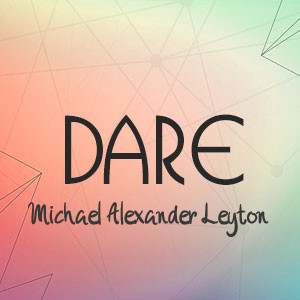
DARE
Noble-liquid time projection chambers (TPCs) are commonly used to study a wide range of lowbackground physics, including fundamental properties of neutrinos and searches for physics beyond the Standard Model. While dual-phase noble-liquid TPCs allow for a lower energy threshold and improved spatial resolution with respect to their single-phase counterparts, the use of liquid argon as a target material permits powerful background rejection via pulse shape discrimination and the procurement of a radiopure sample via underground excavation. This unique combination of features makes dual-phase liquid argon (DP-LAr) TPCs ideal for studying rare-event physics such as neutrino-nucleon and neutrino-electron scattering, geo-neutrinos and dark matter. However, DP-LAr TPCs at the tonne-scale currently lack the capability of reconstructing particle direction at very low energies, a feature which would further boost their sensitivity to rare interactions. The aim of this research project is to enhance the discovery potential of DP-LAr TPCs by developing a readout system capable of reconstructing the direction of incoming particles at low energy thresholds in a low-background environment. The directional performance of the developed readout system will be measured as a function of various operating conditions and then optimised for a variety of physics scenarios. Directional information provides powerful discrimination against backgrounds and would significantly increase the sensitivity of DPLAr TPCs to a variety of physics, including precision neutrino interactions, astrophysical point sources and geo-neutrinos. This work is particularly relevant in the context of next-generation direct dark matter searches employing DP-LAr TPC technology, such as DarkSide-20k, since it is an essential requisite for positively identifying the astrophysical origin of a candidate signal in the detector.

Dr. Michael Leyton (PhD in Physics from the University of California, Berkeley in 2009) is a researcher at INFN Napoli. He has worked on numerous experiments in the fields of astroparticle, high energy collider, dark matter and neutrino physics. His broad research interests are tied together by the development of novel detectors to search for the invisible constituents of matter and energy in the universe. He has worked in several national and international laboratories across the globe and now joins INFN for his project on developing a direction-sensitive dual-phase liquid-argon TPC for rare-event physics.
Back to Category
